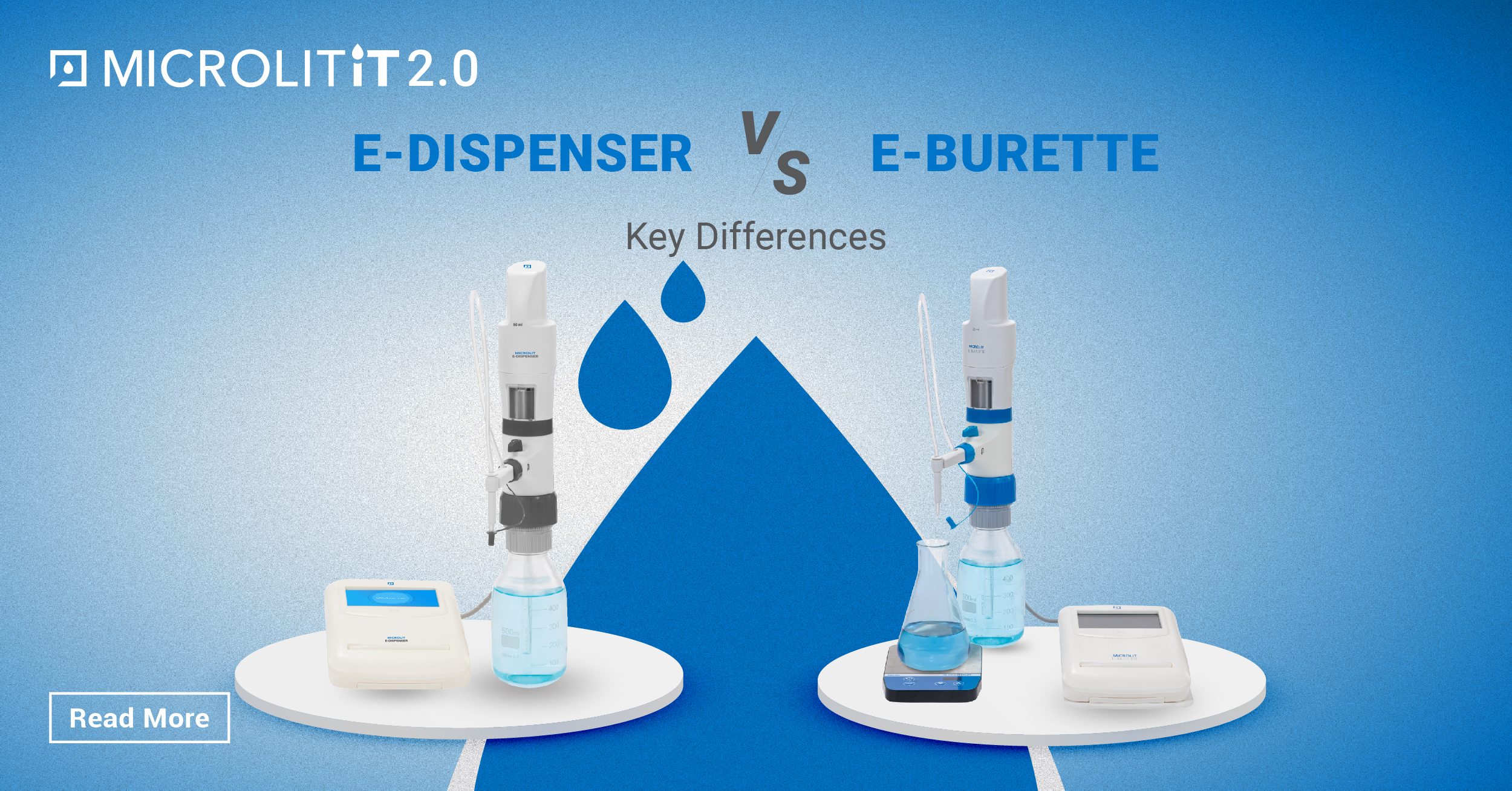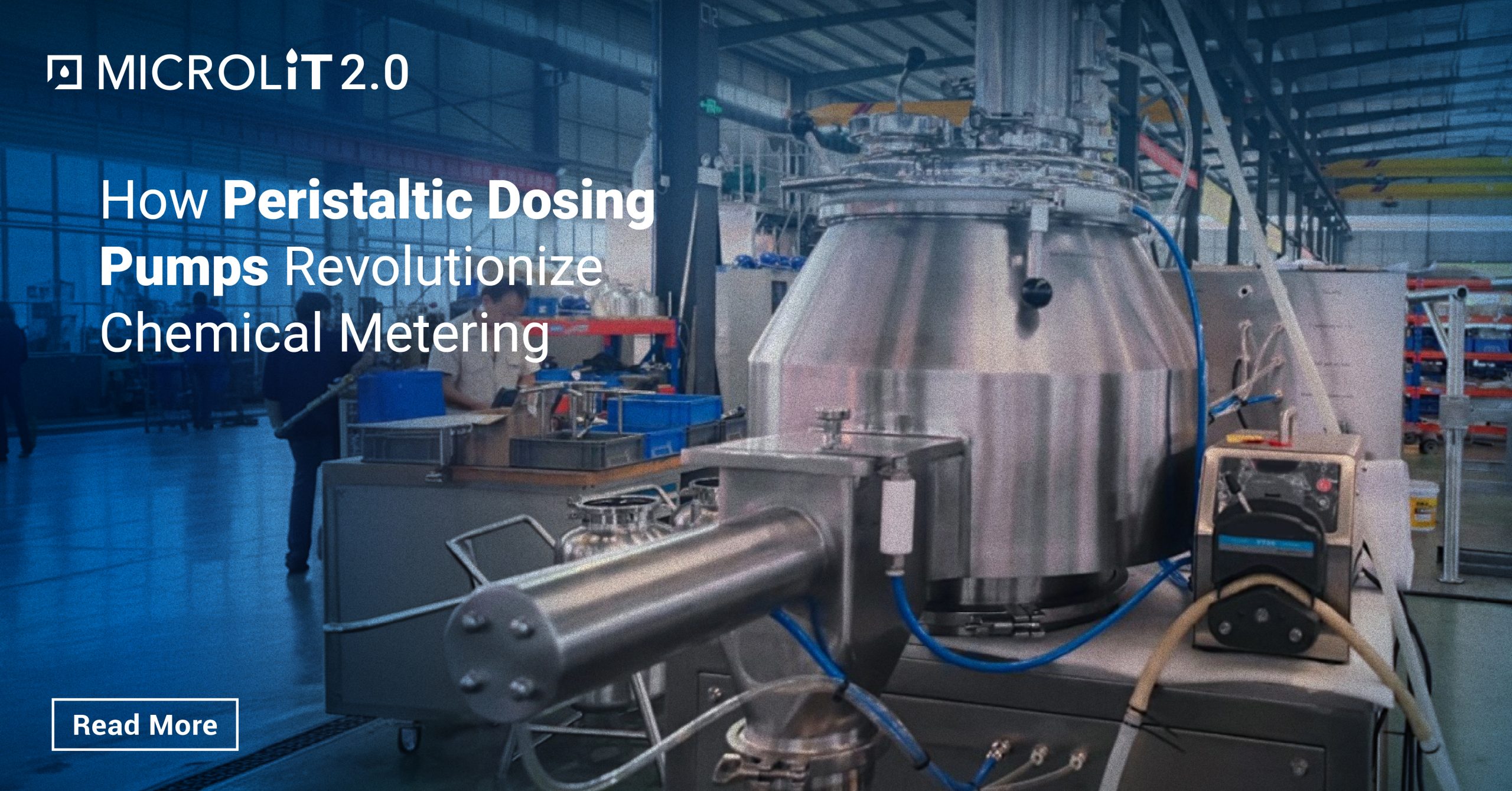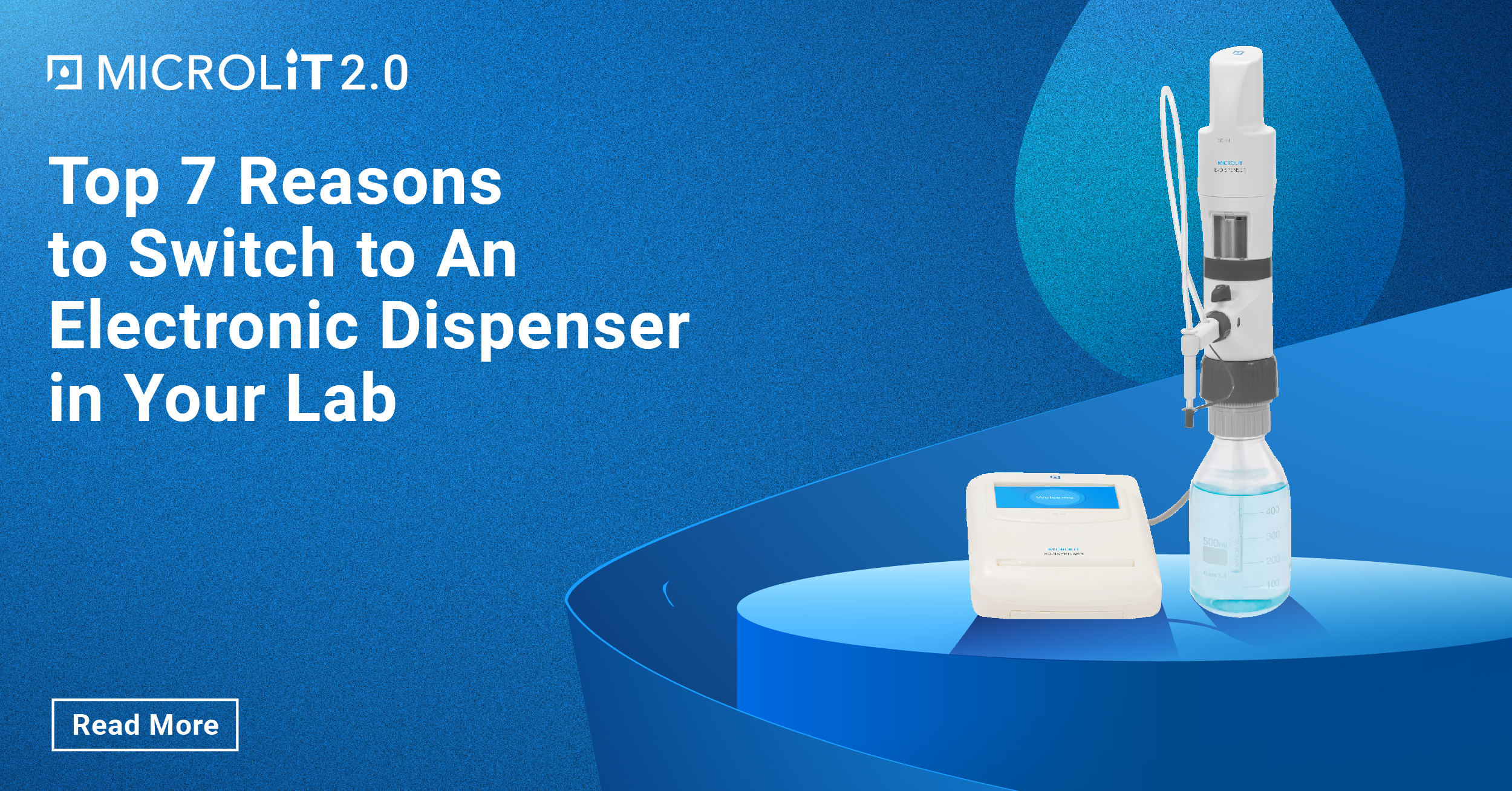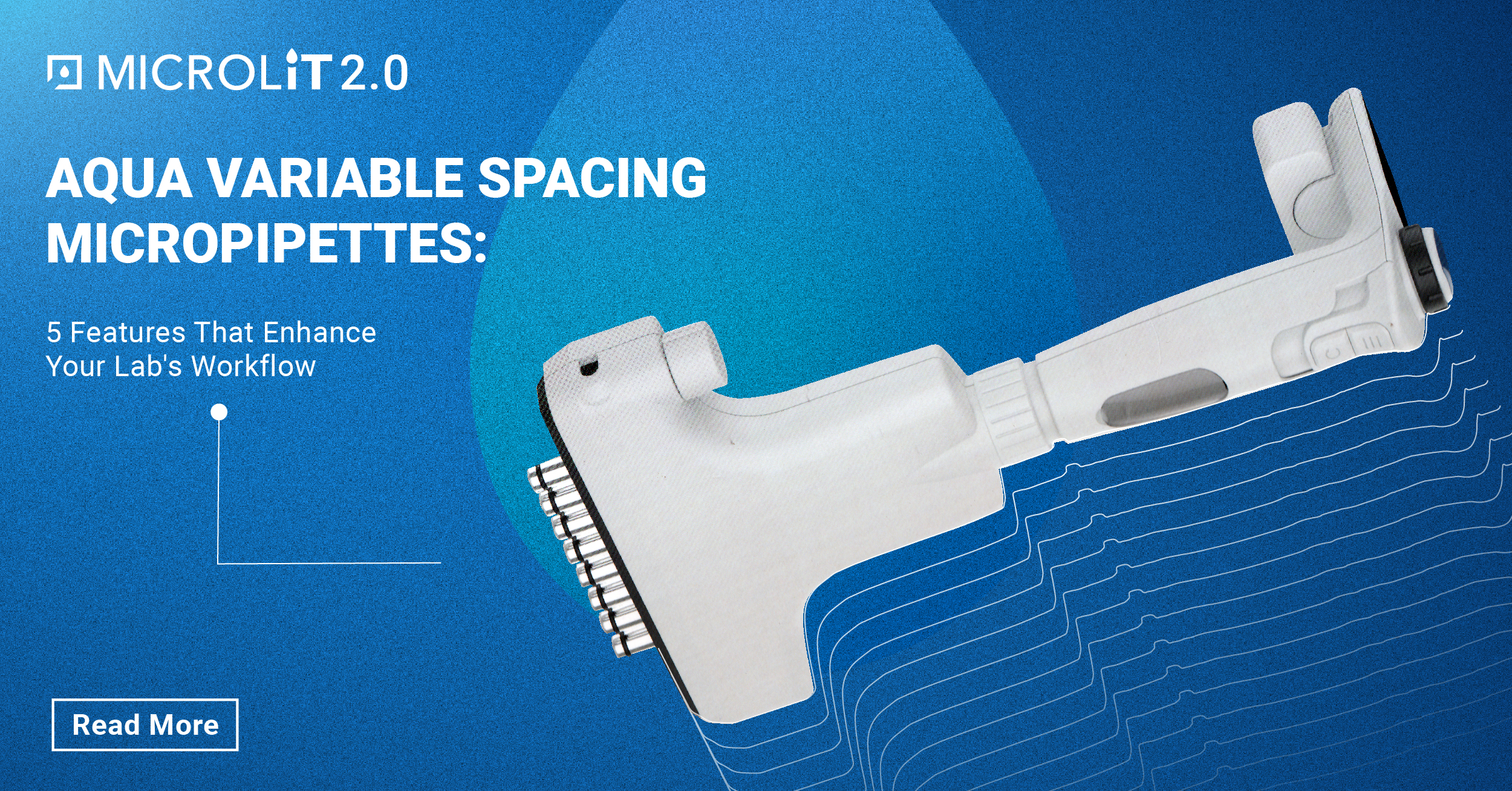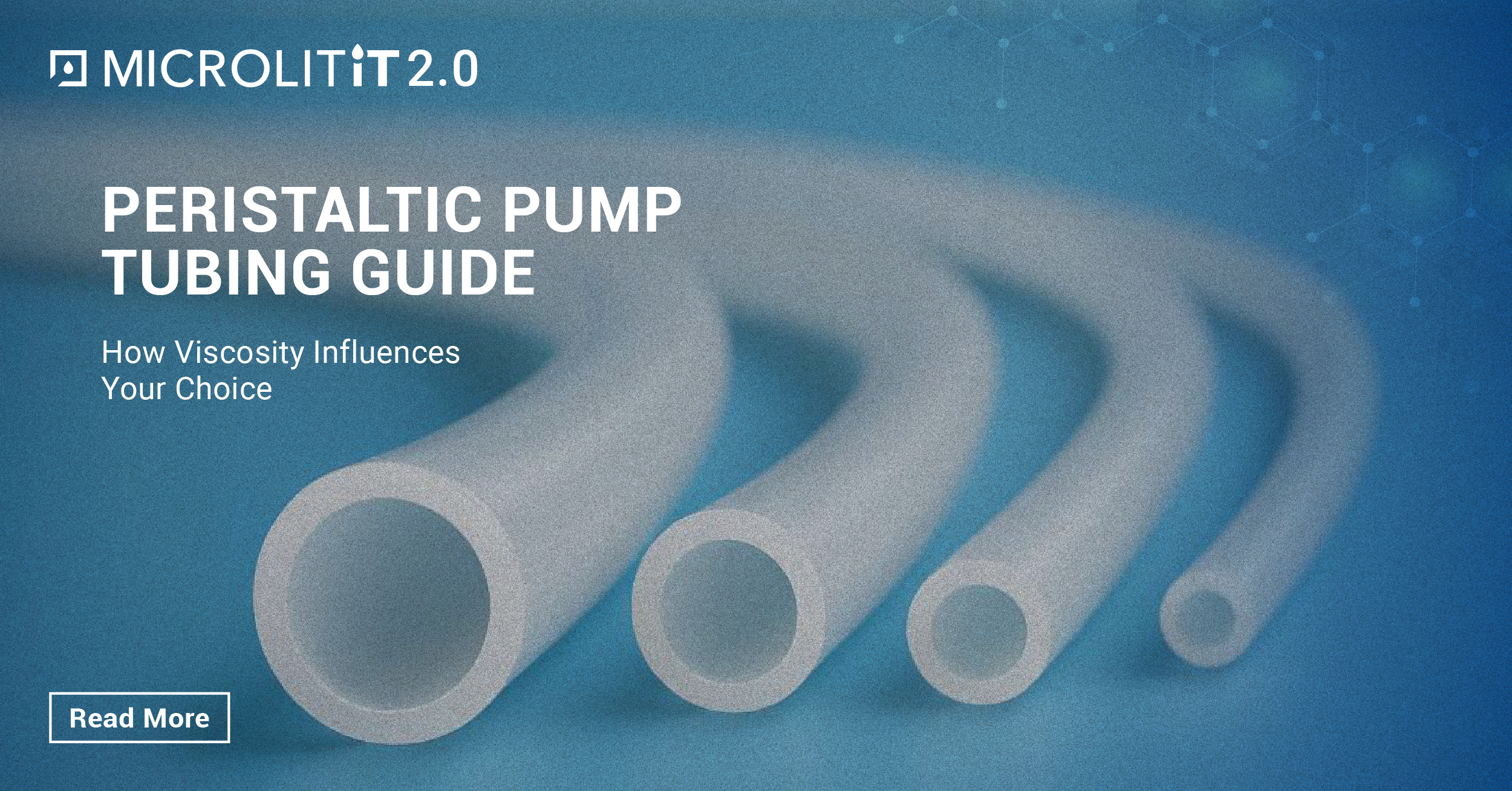Intelligent Labs: The Impact of IoT on Transforming Research and Development
- September 25, 2024
- ENQUIRE NOW
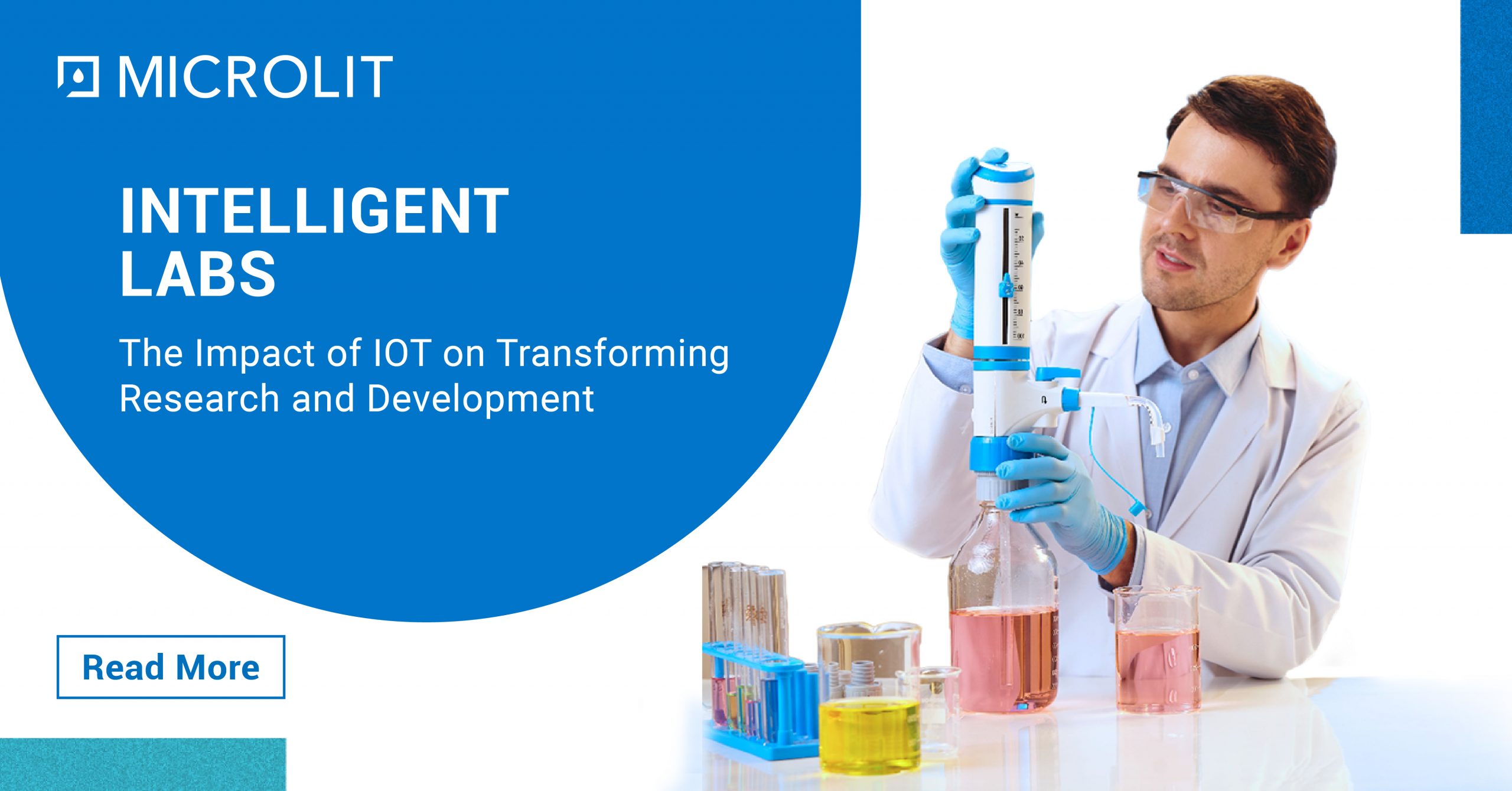
The Internet of Things (IoT) has revolutionized numerous sectors, from healthcare to agriculture, but its impact on research and development (R&D) is particularly transformative. Intelligent Labs, a pioneer in integrating cutting-edge technologies, stands at the forefront of this revolution. By leveraging IoT, Intelligent Labs is reshaping R&D processes, enhancing efficiency and accelerating innovation. This blog explores how IoT is transforming R&D at Intelligent Labs and the broader implications for the industry.
-
IoT and Real-Time Data Collection
One of the most significant impacts of IoT on R&D is the ability to collect and analyze data in real time. Traditional R&D processes often relied on periodic data collection and analysis, which could delay decision-making and extend project timelines. IoT changes this paradigm by embedding sensors and connected devices in experimental setups and research environments.
At Intelligent Labs, IoT-enabled devices continuously monitor experimental conditions, such as temperature, pressure, and chemical concentrations. This real-time data collection allows researchers to identify anomalies and adjust parameters instantly. For instance, in drug development, real-time monitoring of biochemical reactions can significantly speed up the identification of promising compounds and optimize reaction conditions.
-
Enhanced Collaboration and Communication

IoT fosters a collaborative research environment by enabling seamless communication and data sharing. Intelligent Labs utilizes IoT to connect researchers, laboratories, and equipment across multiple locations. Through IoT platforms, researchers can access live data streams, share findings instantly, and collaborate on experiments in real time, regardless of geographical barriers.
For example, a team working on a multi-site project can monitor and control experiments remotely, discuss data in virtual meetings, and make collective decisions based on the most current information. This level of connectivity enhances the efficiency of collaborative efforts and accelerates the pace of innovation.
-
Automation and Efficiency
IoT-driven automation is another game-changer for R&D at Intelligent Labs. Automation streamlines repetitive tasks, reduces human error, and allows researchers to focus on higher-level analysis and creative problem-solving. IoT enables the automation of various laboratory processes, such as sample handling, data logging, and experimental setups.
Intelligent Labs employs IoT-enabled robotic systems to handle routine tasks, such as mixing reagents or conducting high-throughput screening. These systems operate with precision and consistency, ensuring reproducibility and reliability in experimental results. The automation also frees up researchers’ time, enabling them to devote more attention to interpreting results and developing innovative solutions.
-
Predictive Analytics and Proactive Problem-Solving
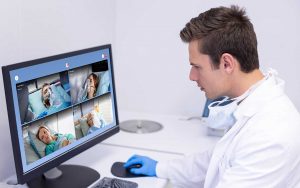 IoT facilitates predictive analytics by leveraging data collected from sensors and devices to forecast trends and identify potential issues before they arise. Intelligent Labs uses IoT-driven predictive models to anticipate equipment failures, optimize experimental conditions, and improve research outcomes.
IoT facilitates predictive analytics by leveraging data collected from sensors and devices to forecast trends and identify potential issues before they arise. Intelligent Labs uses IoT-driven predictive models to anticipate equipment failures, optimize experimental conditions, and improve research outcomes.
For instance, IoT sensors monitoring laboratory equipment can predict when maintenance is required based on usage patterns and performance data. This proactive approach prevents unexpected breakdowns, minimizes downtime, and ensures that experiments proceed smoothly. Predictive analytics also help researchers identify optimal conditions for experiments, reducing trial-and-error and accelerating the development process.
-
Integration with Advanced Technologies
IoT’s synergy with other advanced technologies further enhances R&D capabilities at Intelligent Labs. Integration with artificial intelligence (AI) and machine learning (ML) enables more sophisticated data analysis and decision-making. IoT devices collect vast amounts of data, which AI and ML algorithms can analyze to uncover patterns, generate insights and suggest improvements.
For example, in material science research, IoT sensors track the properties of new materials during testing. AI algorithms analyze this data to predict how these materials will perform in real-world applications. This integration accelerates the discovery of novel materials and optimizes their properties for specific applications, such as lightweight composites for aerospace or advanced polymers for electronics.
-
Improved Resource Management
 Efficient resource management is crucial in R&D, and IoT provides tools to optimize the use of resources such as energy, reagents, and laboratory space. Intelligent Labs employs IoT solutions to monitor and control resource usage, ensuring that experiments are conducted under optimal conditions while minimizing waste.
Efficient resource management is crucial in R&D, and IoT provides tools to optimize the use of resources such as energy, reagents, and laboratory space. Intelligent Labs employs IoT solutions to monitor and control resource usage, ensuring that experiments are conducted under optimal conditions while minimizing waste.
For example, IoT sensors can track energy consumption in laboratory equipment and adjust settings to reduce energy use without compromising performance. Similarly, IoT systems monitor reagent levels and automate inventory management, preventing shortages and reducing excess. This efficient resource management not only cuts costs but also contributes to more sustainable research practices.
Another example is that NASA engineers are working hard to ensure no astronaut goes hungry on the Artemis IV mission. When international teams of astronauts live on Gateway, humanity’s first space station to orbit the Moon, they’ll need innovative gadgets like the Mini Potable Water Dispenser exclusively designed and customised by Microlit. Vaguely resembling a toy water soaker, it manually dispenses water for hygiene bags, to rehydrate food or simply to drink. It is designed to be compact, lightweight, portable and manual, making it ideal for Gateway’s relatively small size and remote location compared to the International Space Station closer to Earth.
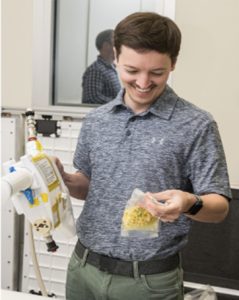 “Food doesn’t just provide body nourishment but also soul nourishment,” said Shaun Glasgow, project manager at Marshall. “So ultimately this device will help provide that little piece of soul nourishment. After a long day, the crew can float back and enjoy some pasta or scrambled eggs, a small sense of normalcy in a place far from home.” As NASA continues to innovate and push the boundaries of deep space exploration, devices like the compact, lightweight dispenser tailored by Microlit demonstrate a blend of practicality and ingenuity that will help humanity chart its path to the Moon, Mars, and beyond.
“Food doesn’t just provide body nourishment but also soul nourishment,” said Shaun Glasgow, project manager at Marshall. “So ultimately this device will help provide that little piece of soul nourishment. After a long day, the crew can float back and enjoy some pasta or scrambled eggs, a small sense of normalcy in a place far from home.” As NASA continues to innovate and push the boundaries of deep space exploration, devices like the compact, lightweight dispenser tailored by Microlit demonstrate a blend of practicality and ingenuity that will help humanity chart its path to the Moon, Mars, and beyond.
-
Enhanced Security and Compliance
Ensuring the security of research data and compliance with regulatory standards is a top priority in R&D. IoT technologies provide robust solutions for data security and compliance management. Intelligent Labs uses IoT to implement real-time monitoring and auditing of data access and usage, ensuring that research activities adhere to regulatory requirements.
IoT-enabled security systems also protect physical laboratory environments by monitoring access, detecting unauthorized entry, and ensuring that sensitive materials are securely stored. These measures help maintain the integrity of research data and safeguard intellectual property.
-
Future Prospects and Innovations
The future of IoT in R&D holds exciting prospects for Intelligent Labs and the industry as a whole. Advancements in IoT technology, such as the integration of 5G networks and edge computing, will further enhance data collection, processing, and analysis capabilities. These innovations will enable even more sophisticated research applications and real-time insights.
As IoT technology continues to evolve, Intelligent Labs is poised to lead the way in adopting new solutions and setting benchmarks for R&D excellence. The ongoing integration of IoT with emerging technologies will drive breakthroughs in various fields, from pharmaceuticals to materials science and beyond.
Conclusion
The impact of IoT on transforming R&D at Intelligent Labs is profound and multifaceted. By enabling real-time data collection, enhancing collaboration, automating processes, and integrating with advanced technologies, IoT is reshaping the research landscape. The benefits extend beyond efficiency and productivity, fostering innovation and accelerating the pace of scientific discovery.
As Intelligent Labs continues to harness the power of IoT, the potential for groundbreaking research and development grows exponentially. The integration of IoT is not just a technological advancement; it represents a paradigm shift in how research is conducted and how discoveries are made. In this new era of connected research, the possibilities are limitless, and Intelligent Labs is at the cutting edge of this exciting transformation.

